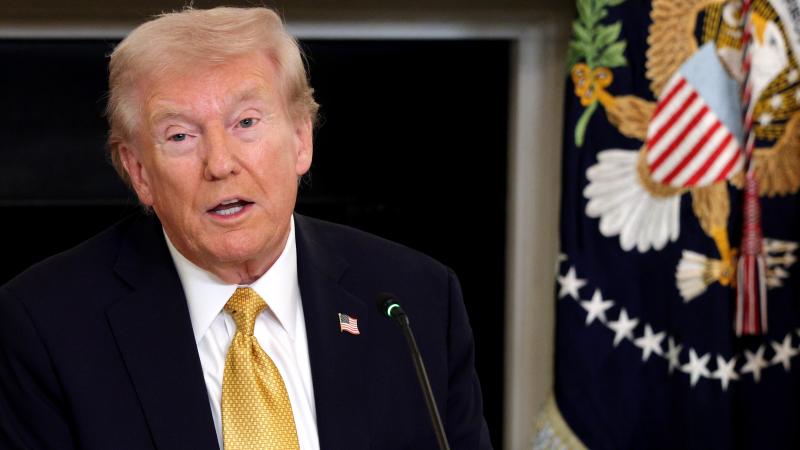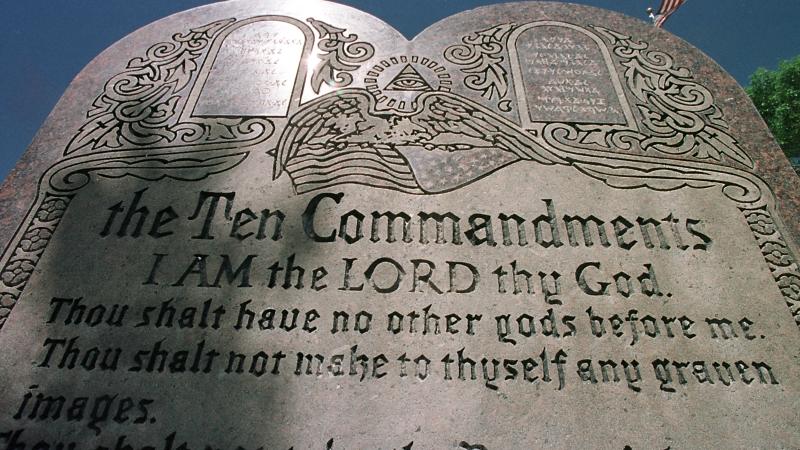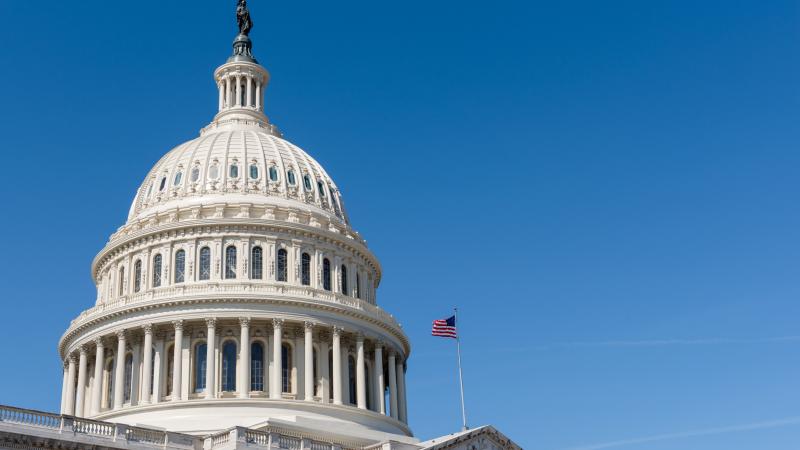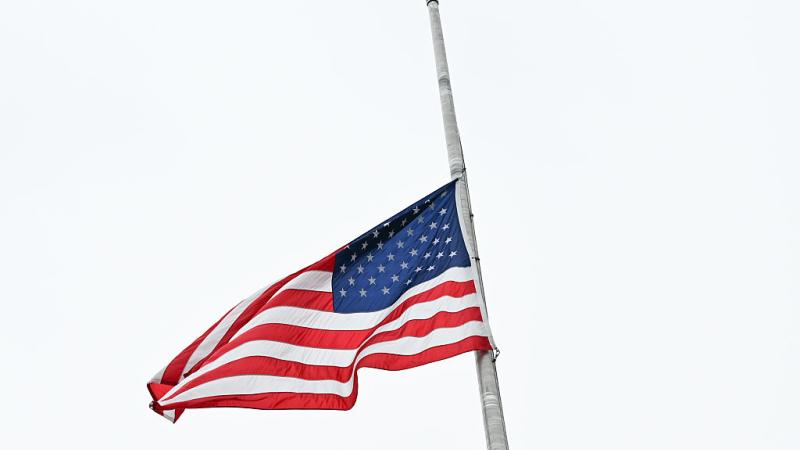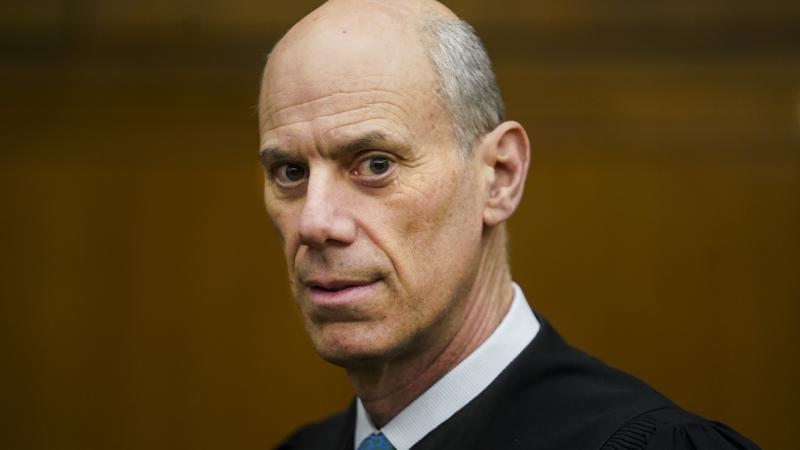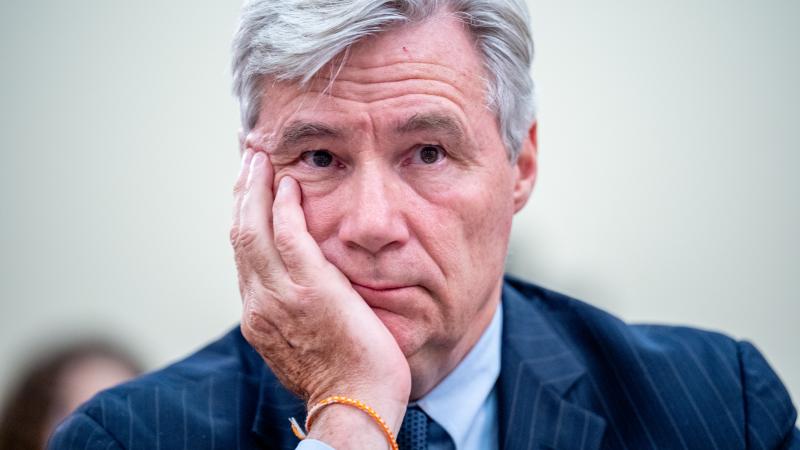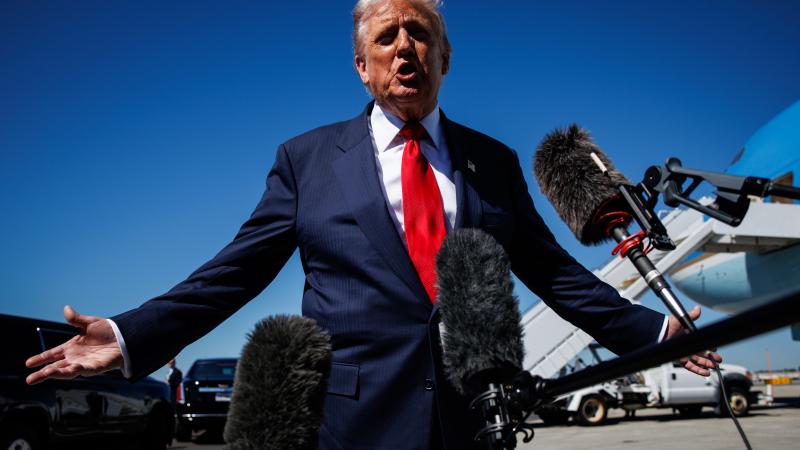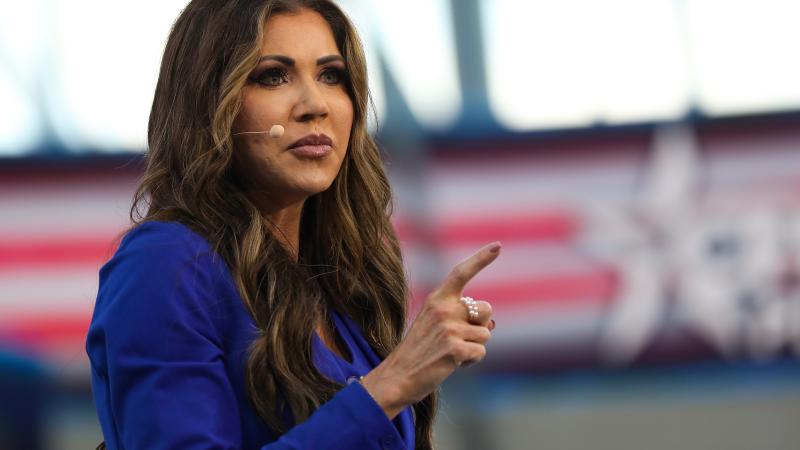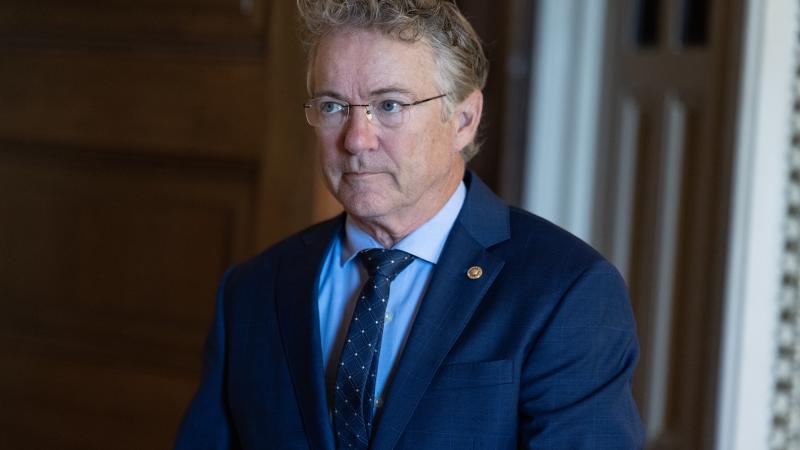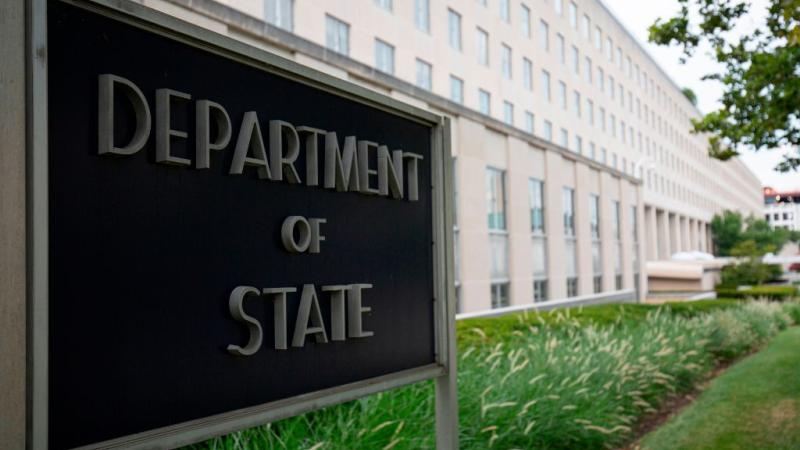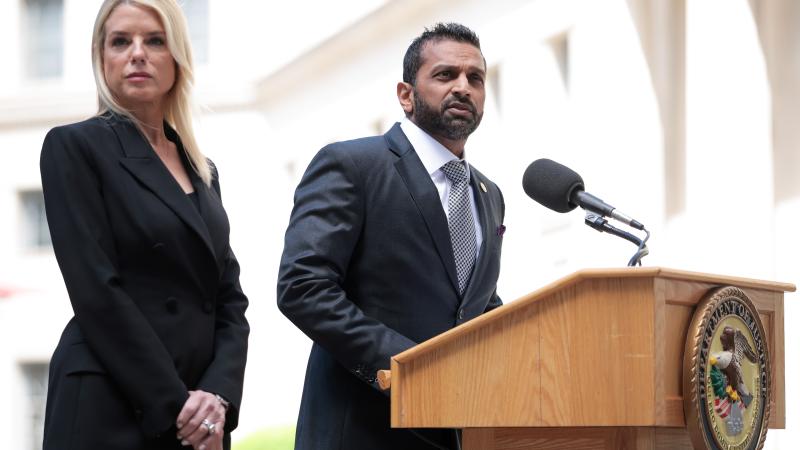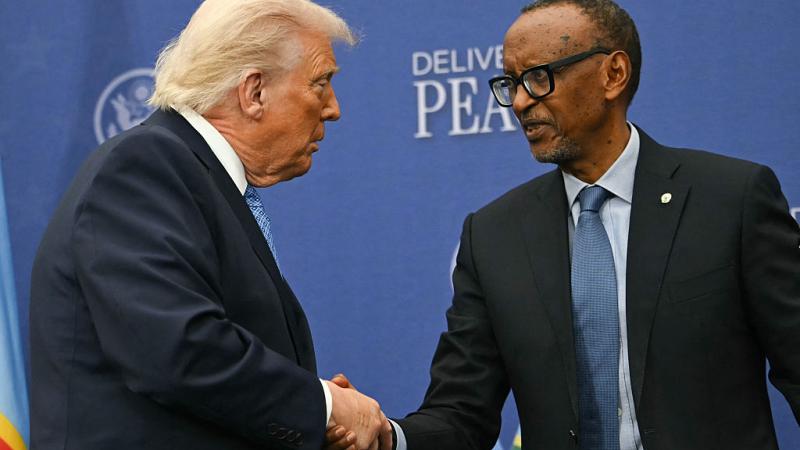Trump adjusts tariffs to lessen the impact for U.S. automakers through complex rules
President Donald Trump took measures to lessen the impact of tariffs on U.S. automakers, but vehicle prices are expected to increase. "We just wanted to help them during this little transition, short term," Trump said.
(The Center Square) -
President Donald Trump took measures to lessen the impact of tariffs on U.S. automakers, but vehicle prices are expected to increase.
"We just wanted to help them during this little transition, short term," Trump said. "We didn’t want to penalize them."
The 25% tariff on imported cars remains, and a new 25% tariff on auto parts will go into effect May 3. But Trump's latest executive order allows reimbursements for U.S. producers importing car parts, which will be subject to 25% tariffs starting May 3. The maximum reimbursement will be 3.75% of the value of domestically produced cars. The cap falls to 2.5% for the second year and is phased out entirely after that.
Trump's executive order also means that automakers that pay tariffs on imported cars won't be required to pay other import duties, such as those on steel and aluminum.
"They all want to come back to Michigan and build cars again. You know why? Because of our tax and tariff policy," Trump said Tuesday during his rally in Michigan. "We're giving them a little time before we slaughter them if they don't do this."
Treasury Secretary Scott Bessent said the goal was to get automakers to create more U.S. jobs.
"President Trump has had meetings with both domestic and foreign auto producers, and he's committed to bringing back auto production to the U.S.," Bessent said. "So we want to give the automakers a path to do that, quickly, efficiently and create as many jobs as possible."
Still, vehicle prices are expected to increase as tariffs reshape the market.
Cox Automotive Chief Economist Jonathan Smoke said "uncertainty remains acute, especially regarding what will happen with the tariffs."
"Supply has since tightened and prices have moved higher," he said. "With higher prices, urgency has diminished."
Smoke said the next two months could set the stage for the rest of the year.
"Instead of putting China first, I'm putting Michigan first and I'm putting America first," Trump said at the Macomb County Rally.
Even before Trump's auto tariffs, cars were too expensive for many Americans. The average price of a new vehicle in the U.S. is above $48,000, according to Cox Automotive. Real median household income was $80,610 in 2023, according to the U.S. Census Bureau. However, more than 40% of new-vehicle sales by volume in 2024 were priced below $40,000.
